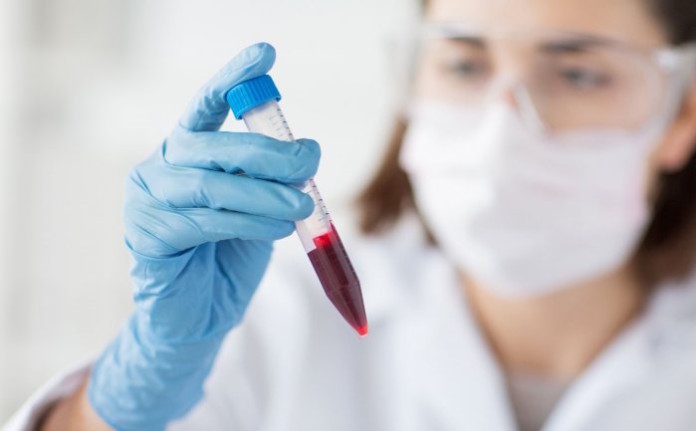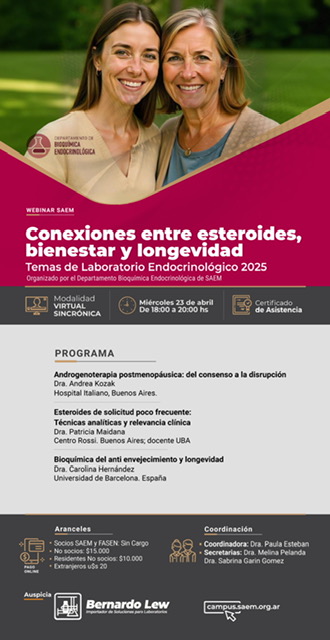The research, published online today in Nature Communications, advances the quest to develop a precise, non-invasive diagnostic tool that can address the worldwide clinical dilemma of over-treating slow-growing, low-risk prostate cancers in men that may never actually need to be treated, says principal investigator Thomas Kislinger, Senior Scientist at the Princess Margaret Cancer Centre, University Health Network. Dr. Kislinger is also Associate Professor, Department of Medical Biophysics, University of Toronto.
“We believe we have found a better way that allows us to predict which patients have a slow-growing versus aggressive prostate cancer using non-invasive biomarkers. This could eventually help us personalize cancer treatment for these patients.”
Currently, needle biopsies are used to help diagnose prostate cancer. But this technique may not detect hidden tumors, or cancer that has already spread beyond the organ, writes lead author Dr. Yunee Kim: “A fluid-based biomarker would be ideal … to spare patients with indolent (slow-growing) disease from unnecessary procedures, while identifying and treating those who would benefit from treatment intensification.”
The Kislinger team – in collaboration with co-investigators Paul Boutros, Ontario Institute for Cancer Research, and O. John Semmes, Eastern Virginia Medical School, Norfolk – used urine samples containing prostatic secretions from 210 patients after they had undergone digital rectal examinations (DRE). The DRE is the standard clinical “first step” to determine the need for further diagnostic testing of the prostate.
The research took four years and involved samples from 300 patients, says Dr. Kislinger, who specializes in proteomics – the study of the structure and function of proteins involved in the development of cancer.
“We used targeted proteomics to accurately quantify hundreds of proteins in urine samples (post-DRE) to identify liquid biopsy signatures. The first round of research involved 80 patients and quantified 150 proteins that were then narrowed down to 34 for further investigation. The next round involved a second, independent cohort of 210 patients.
“Applying computational biology, we used the quantitative data from mass spectrometry to develop the fluid biomarkers for aggressive prostate cancer.”
Dr. Kislinger says: “The next step will be further studies with urine samples from 1,000 international patients to validate if the biomarkers identified have broader clinical utilities in prostate cancer.”
Source: sciencenewsline.com















































